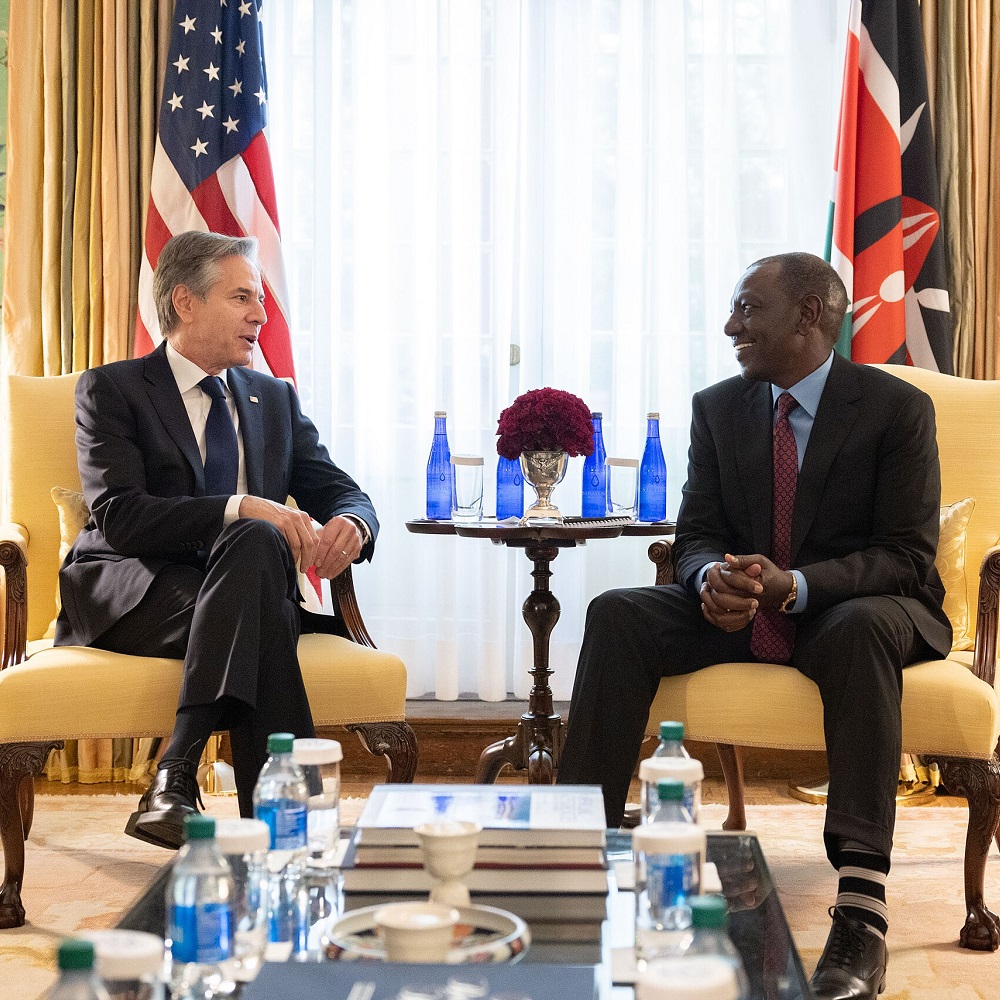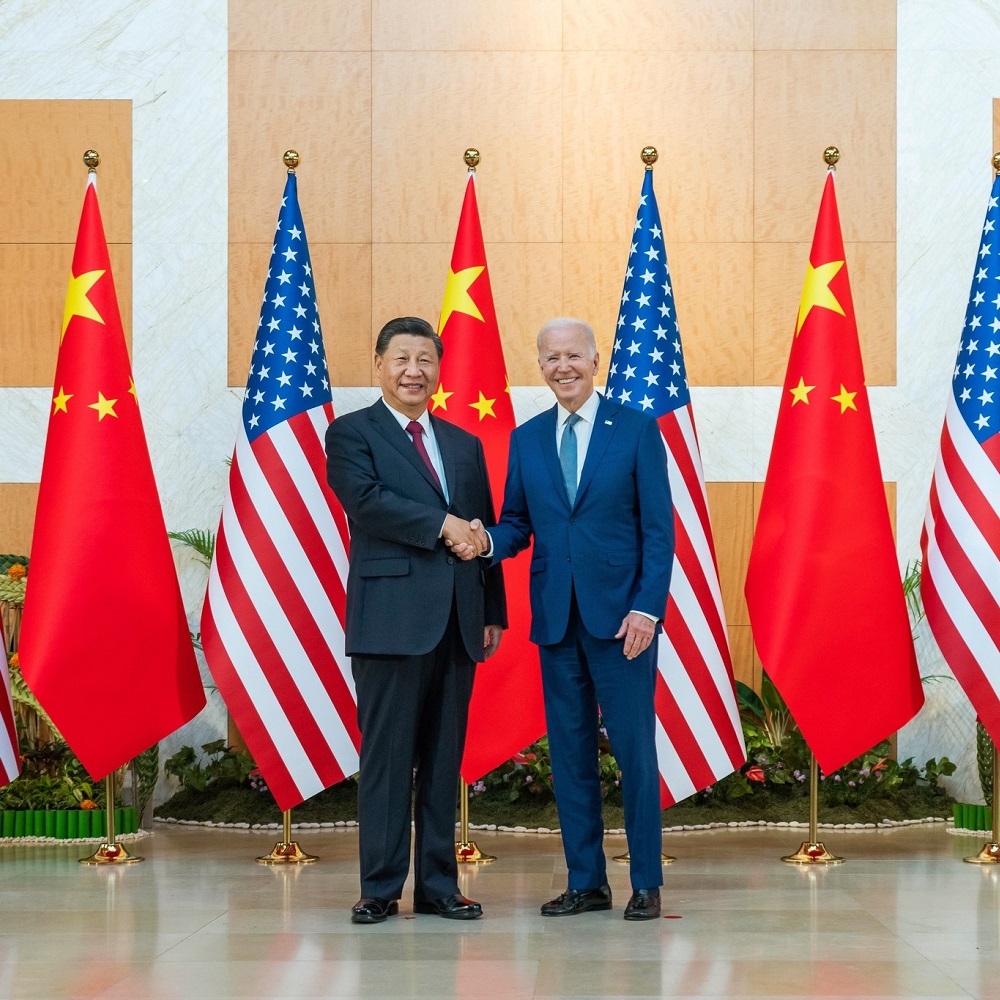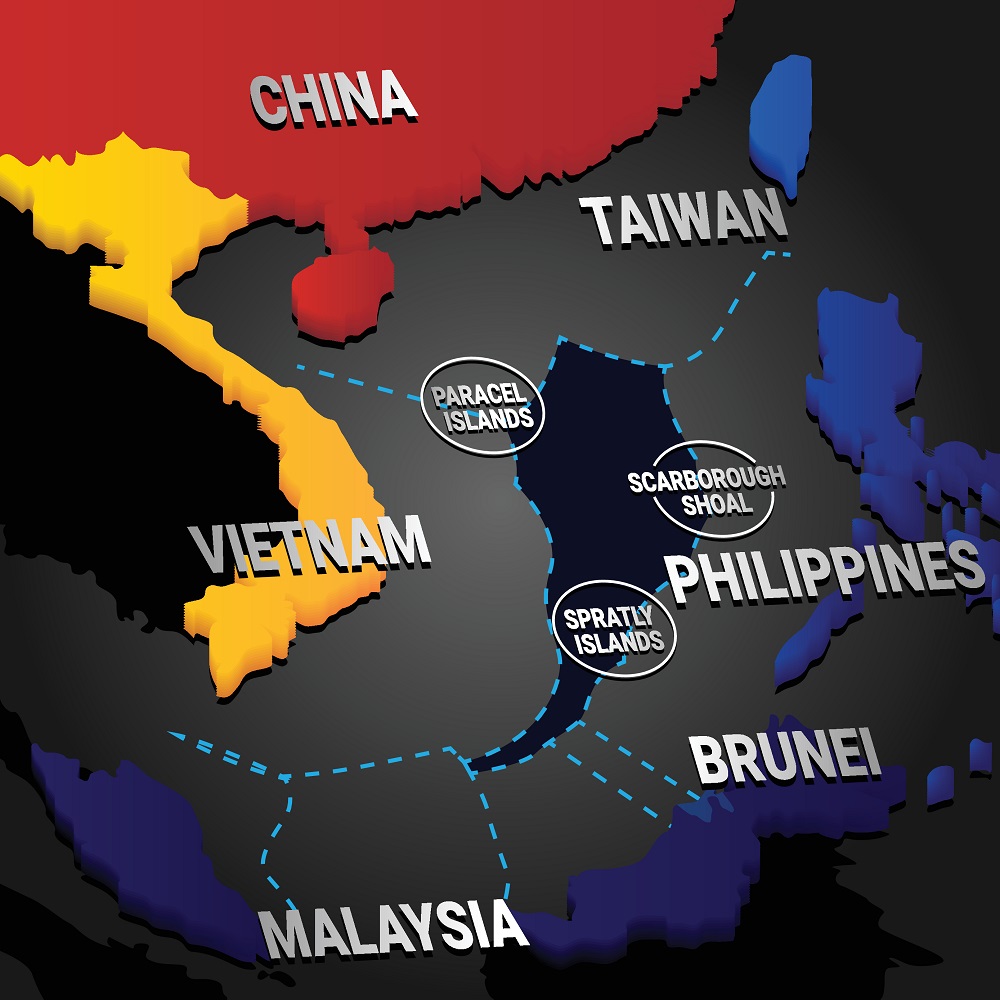
Kenyan president will receive White House praise over troops-to-Haiti move − but lack of action across Americas should prompt regional soul-searching
by Jorge Heine
한국어로 읽기Leer en españolIn Deutsch lesen Gap اقرأ بالعربيةLire en françaisЧитать на русском Kenyan President William Ruto will attend a rare U.S. state reception for an African leader on May 23, 2024 – but much of the chat will be about a third country: Haiti. Kenyan troops are preparing to deploy to the Caribbean nation as part of a U.N.-backed mission aimed at bringing stability to a country ravaged by gang violence. The White House event is in part a recognition by Washington of Kenya’s decision to step up to a task that the Biden administration – and much of the West – would rather outsource. Indeed, Haiti has seemingly become a crisis that most international bodies and foreign governments would rather not touch. The U.S., like other major governments in the Americas, has repeatedly ruled out putting its own troops on the ground in Haiti. As someone who has written a book, “Fixing Haiti,” on the last concerted outside intervention – the United Nations’ stabilizing mission known as MINUSTAH – I fear the lack of action by countries in the Americas could increase the risk of Haiti transitioning from a fragile state to a failed one. MINUSTAH was the first U.N. mission formed by a majority of Latin American troops, with Chile and Brazil taking the lead. The outsourcing of that role now to Kenya has sparked concerns from human rights groups. It should also lead to soul-searching questions in capitals from Washington to Brasília, as well as at United Nations headquarters in New York. At the mercy of gangs Haiti’s descent into chaos began almost three years ago with the murder of President Jovenel Moïse in July 2021. Lawlessness in the nation has seen gangs take control of an estimated 80% of the capital Port-au-Prince and thousands killed in the spiraling violence. Today, the country is not only the poorest in the Americas but is also among the most destitute in the world. About 87.6% of the population is estimated to be living in poverty, with 30% in extreme poverty. Life expectancy is just 63 years, compared with 76 in the United States and 72 in Latin America and the Caribbean as a whole. Recipe for disaster International intervention in Haiti has been long overdue. Yet, until now, the attitude of the international community has, from my perspective, been largely to look away. From a humanitarian perspective and in terms of regional security, to allow a country in the Americas to drift into the condition of a failed state controlled by a fluid network of criminal gangs is a recipe for disaster. Yet governments and international organizations in the region are unwilling to step up to confront the crisis directly despite pleas from Haiti and the U.N. The Organization of American States, which in the past played an important role in Haiti and for which I served as an observer to the country’s 1990 presidential elections, and the Community of Latin American and Caribbean States have been criticized over their slow response to the Haitian crisis. The Caribbean Community, or CARICOM, has made a significant effort, holding a number of meetings on the Haitian crisis; several member states, such as the Bahamas, Barbados and Jamaica, have committed to sending police forces to Haiti, albeit in small numbers. The United States, in turn, having left Afghanistan in 2021 after a tumultuous 20-year occupation, appears reluctant to send troops anywhere. Rather, Washington would prefer that others take up the role of peacekeeper this time. In response to the offer from Kenya, the State Department said it “commends” the African nation for “responding to Haiti’s call.” Part of this reluctance in the Americas could also be related to the perception – in my view, a misperception – of how past interventions have played out. The United Nations mission from 2004 initially managed to stabilize Haiti after another rocky period. In fact, the country made significant strides before it was hit by a devastating earthquake in 2010. There were bad missteps, for sure, after 2010. A cholera outbreak brought to Haiti by infected troops from Nepal resulted in more than 800,000 infections and 10,000 deaths. Sexual misconduct by some of the U.N.’s blue helmets further tarnished the mission. But the notion that MINUSTAH was a failure is, in my view, quite wrong. And the end of the mission in 2017 certainly didn’t see improved conditions in Haiti. Indeed, after the mission ended, criminal gangs had the run of the country once again and proceeded accordingly. Yet the perceived failure of the U.N. mission has become the basis of a view held by some Haiti watchers that international interventions are not only unsuccessful or misconceived but also counterproductive. Such a view forms the backbone of the notion of Haiti as an “aid state” – as opposed to a “failed state.” In this view, international interventions and the inflow of foreign funds have created a condition of dependency in which the country gets used to having foreigners make key decisions. This, the argument goes, fosters a cycle of corruption and mismanagement. There is no doubt that some previous interventions left much to be desired, and that any new initiative would have to be conducted in close cooperation with Haitian civil society to avoid such pitfalls. But I believe the notion that Haiti, in its current state, would be able to lift itself up without the help of the international community is wishful thinking. The nation has moved too far down the direction of gang control, and what remains of the Haitian state lacks the capacity to change that trajectory. A duty to intervene? Moreover, there is an argument to be made that the international community bears responsibility for the Haitian tragedy and is duty bound to try to fix it. To use one example from the relatively recent past: Haiti, until the early 1980s, was self-sufficient in the production of rice – a key staple there. Yet, pressured by the United States in the 1990s, the country lowered its agricultural tariffs to the bare minimum and, in so doing, destroyed local rice production. Former U.S. President Bill Clinton later apologized for the policy, but its legacy still lasts. Haiti today has to import most of the rice it consumes, largely from the United States. And there isn’t enough of it to go around for all Haitians – the U.N. estimates that nearly half of Haiti’s population of 11.5 million is food insecure. Indeed, from its very beginning as an independent nation in 1804, Haiti has suffered the consequences of its unique place in history: It was simply too much for white colonial powers to see Haiti thrive as the first Black republic resulting from a successful slave rebellion. France retaliated over the loss of what was once considered the world’s wealthiest colony by exacting reparations for a century and a half. Payments from Haiti flowed until 1947 – to the tune of US$21 billion in today’s dollars. The United States took 60 years to recognize Haiti and invaded and occupied the nation from 1915 to 1934. Any thoughts of atoning for past actions, however, seem far from the minds of those looking on as the chaos in Haiti spirals. Rather, many appear to have the kind of mindset expressed in 1994 by current U.S. President Joe Biden when, as a senator discussing the rationale for various interventions, he noted: “If Haiti just quietly sunk into the Caribbean, or rose 300 feet, it wouldn’t matter a whole lot for our interests.”










